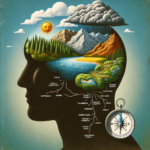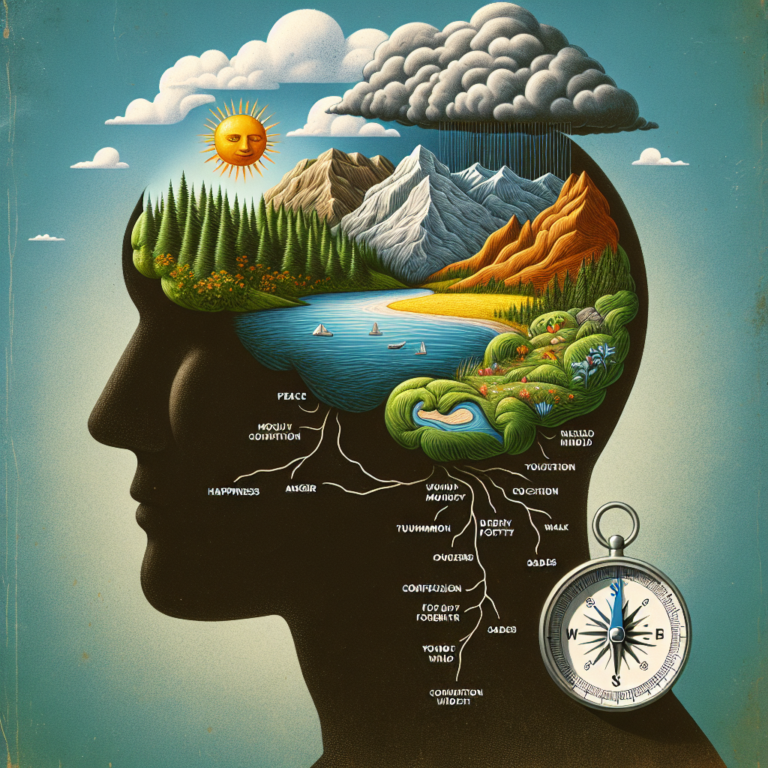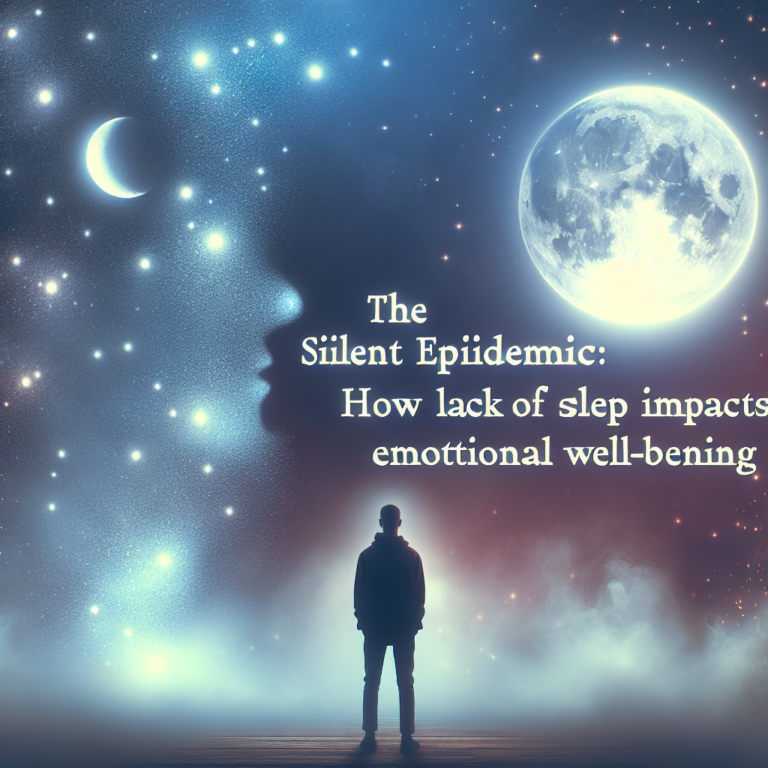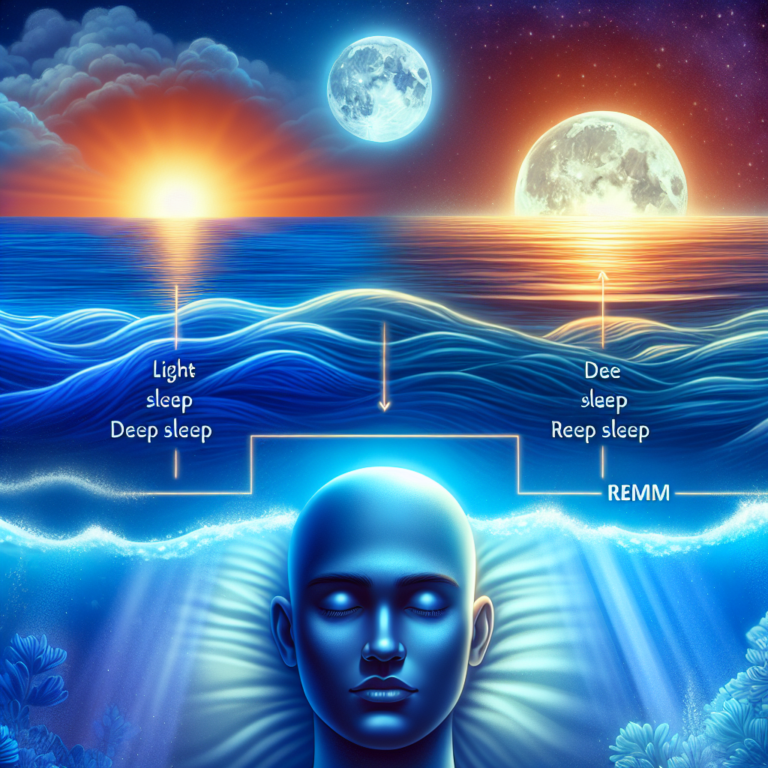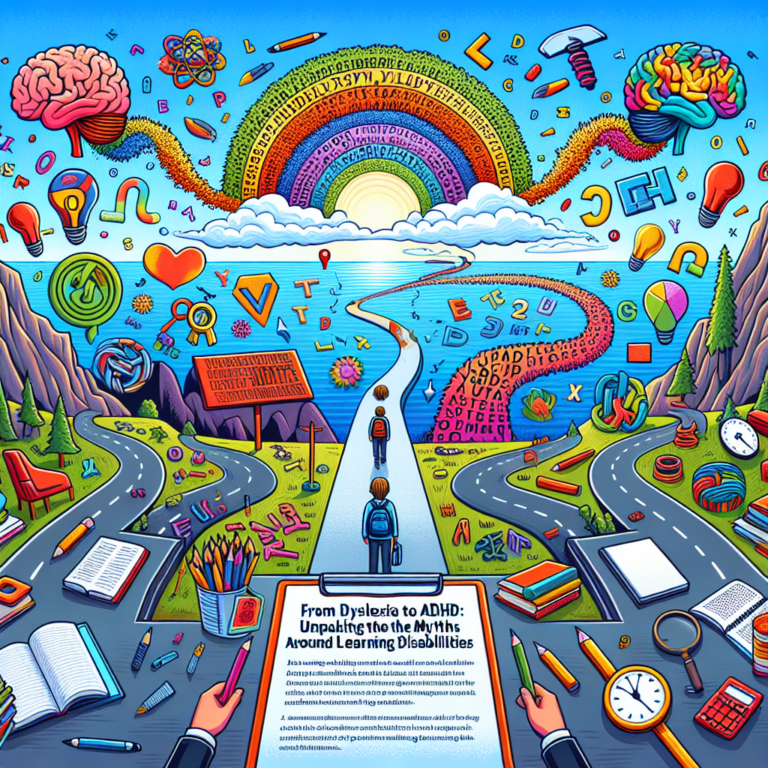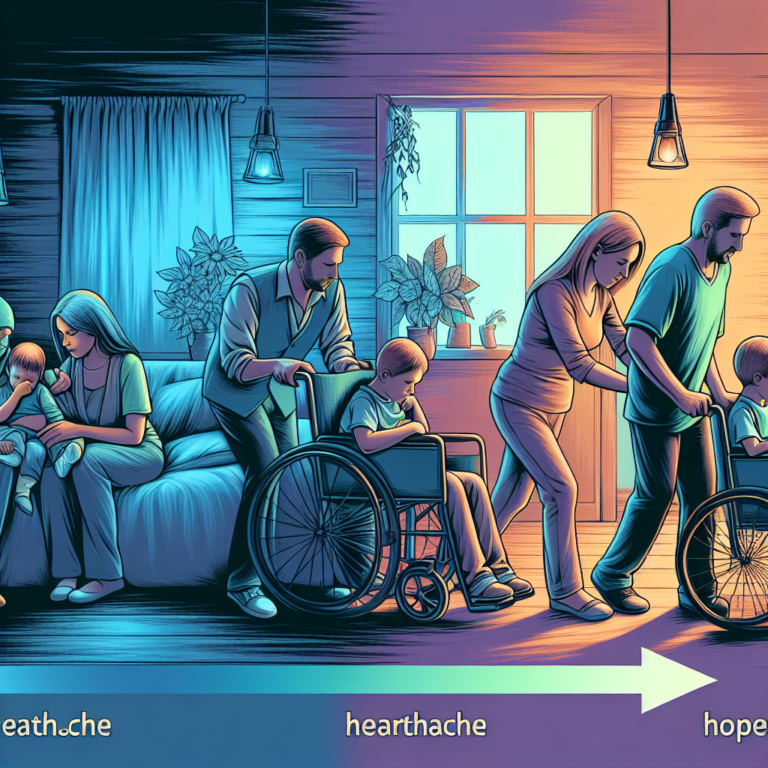
From NREM to REM: The Ultimate Comprehensive Guide to the Stages of Sleep
Sleep is not just a period of downtime; it’s a complex cycle that rejuvenates our bodies and minds. Understanding sleep stages is crucial for enhancing the quality of our rest and, by extension, our overall health. This article, “From NREM to REM: A Comprehensive Guide to the Stages of Sleep,” will delve into the intricate processes that occur during sleep, exploring its phases, significance, and tips for optimizing your sleep cycle.
Introduction
Imagine waking up feeling completely refreshed and ready to tackle your day. Sleep, a fundamental biological necessity, holds the key to this experience. However, the journey to restorative slumber is not straightforward. From NREM to REM, the stages of sleep play distinct roles in our physical and mental well-being. Understanding this journey can illuminate how to improve our sleeping habits, increase our productivity, and boost our overall health.
Recent studies show that adequate sleep is associated with decreased risks of chronic diseases, improved mental health, and enhanced cognitive performance. With the rise of sleep disorders in a fast-paced society, knowledge about sleep stages is more pertinent than ever. Join us as we explore the stages of sleep in detail, uncover their significance, and discover how you can enhance your sleep experience.
Understanding the Sleep Cycle
Before diving into the individual stages of sleep, it’s crucial to understand that sleep occurs in cycles, typically lasting around 90 minutes. Each cycle comprises several stages: NREM (Non-Rapid Eye Movement) and REM (Rapid Eye Movement) sleep. The overall experience of the night involves multiple cycles, peaking in REM sleep during the latter part of the night.
The Four Stages of NREM Sleep
NREM sleep consists of three distinct stages (N1, N2, and N3) before transitioning into REM sleep. Here’s a closer look:
1. N1 (Stage 1) – The Lightest Sleep
- Duration: 1-7 minutes
- Characteristics: This is the transition period from wakefulness to sleep. It’s easy to awaken from N1, and during this stage, you might experience drifting, hypnic jerks, or the sensation of falling.
- Significance: It serves as a gateway to deeper sleep, establishing the foundation for more restorative cycles.
2. N2 (Stage 2) – The Onset of True Sleep
- Duration: 10-25 minutes (may repeat several times throughout the night)
- Characteristics: Heart rate slows, and body temperature drops. Sleep spindles and K-complexes can be observed in EEG readings.
- Significance: This stage accounts for approximately 50% of total sleep time, crucial for consolidating memories and processing information.
3. N3 (Stage 3) – Deep Sleep
- Duration: 20-40 minutes (most prominent in the first few cycles)
- Characteristics: Often referred to as slow-wave or delta sleep, N3 is characterized by slow brain waves, making it difficult to awaken someone in this stage.
- Significance: This is when the body repairs tissues, builds bone and muscle, and strengthens the immune system. It’s critical for physical restoration and growth.
The REM Stage
4. REM (Stage 4) – The Dreaming Stage
- Duration: 10-30 minutes; intervals increase with each cycle
- Characteristics: Eyes move rapidly beneath the eyelids, brain activity is high, and dreams occur. The body experiences temporary paralysis of voluntary muscles.
- Significance: REM sleep plays a vital role in emotional regulation, creativity, and memory consolidation. It acts as a cognitive refresh button, promoting learning and problem-solving skills.
Significance of Each Stage
Understanding the significance of each stage is fundamental to recognizing the impact of sleep on our daily lives. Here’s a table summarizing the key stages and their roles:
| Stage | Duration | Characteristics | Significance |
|---|---|---|---|
| N1 | 1-7 minutes | Light sleep, transition phase | Preparation for deeper sleep |
| N2 | 10-25 minutes | True sleep onset, sleep spindles | Memory consolidation, 50% of total sleep time |
| N3 | 20-40 minutes | Deep sleep, delta waves | Physical restoration, immune system health |
| REM | 10-30 minutes | Dreaming, eye movements | Emotional regulation, creativity, memory processes |
The Impact of Sleep Quality on Health
Sleep quality impacts everything from our weight to our mood and cognitive performance. Research indicates that inadequate sleep can lead to various health issues, including obesity, diabetes, cardiovascular diseases, and mental health disorders. This necessitates understanding the stages of sleep, as skipping stages, particularly N3 and REM, can have adverse effects on health.
Case Study: The Holistic Approach to Insomnia
A fascinating case study was conducted involving individuals suffering from insomnia. Participants were divided into two groups; one group received cognitive-behavioral therapy (CBT) focusing on sleep hygiene, while the other was placed on a pharmacological treatment regimen. The results showed that those who practiced sleep hygiene, emphasizing the understanding of sleep stages and their importance, experienced improved sleep quality and duration. This reinforces the idea that a well-rounded understanding of sleep can lead to effective treatments.
Strategies for Enhancing Sleep Quality
Now that we’ve examined the stages of sleep, let’s discuss actionable strategies for optimizing these stages. Here are some techniques you can incorporate:
1. Create a Consistent Sleep Schedule
Going to bed and waking up at the same time every day cultivates a regular sleep cycle, making it easier to transition through the various stages of sleep.
2. Improve Sleep Hygiene
- Sleep Environment: Keep your sleeping area dark, quiet, and cool.
- Limit Screen Time: Blue light can disrupt your circadian rhythm.
- Relaxation Techniques: Engage in calming activities such as meditation, deep breathing, or reading before bed.
3. Be Mindful of Diet and Exercise
- Avoid Stimulants: Limit caffeine and nicotine intake, particularly before bedtime.
- Balanced Diet: Foods rich in magnesium, potassium, and calcium can promote better sleep.
- Regular Exercise: Aim for at least 30 minutes of moderate exercise most days; however, avoid vigorous workouts close to bedtime.
4. Utilize Sleep Aids Judiciously
If you’re considering sleep aids, consult a healthcare professional to discuss appropriate medications and dosages. Natural supplements like melatonin may be beneficial.
How Stress Influences Sleep Stages
Sleep is intertwined with our emotional well-being, and stress can adversely impact the stages of sleep. Chronic stress may lead to disruptions in NREM stages, particularly N3, thereby reducing the restorative aspects of sleep. Understanding this connection can help tailor stress-reducing techniques like mindfulness meditation and yoga.
Case Study: The Effects of Stress on Sleep Patterns
A study involving college students highlighted that those experiencing high levels of stress had significant deficits in deep sleep (N3) compared to their less-stressed peers. This resulted in diminished cognitive performance and increased anxiety. Recognizing and addressing stress can directly influence sleep quality.
The Role of Technology in Tracking Sleep
In recent years, technology has advanced significantly, allowing individuals to track their sleep patterns. Wearable devices and sleep apps can monitor sleep stages, duration, and quality.
However, how beneficial are these tracking devices? Here’s a breakdown of their positives and potential pitfalls.
Pros:
- Awareness: Enhances understanding of individual sleep patterns.
- Accountability: Encourages healthier sleeping habits.
- Data: Provides insights that can be shared with healthcare providers.
Cons:
- Over-Reliance: Some users may develop anxiety over sleep data.
- Inaccuracy: Not all devices provide accurate readings, particularly in stage differentiation.
Conclusion
As we conclude our journey through “From NREM to REM: A Comprehensive Guide to the Stages of Sleep,” it’s been made evident that understanding and optimizing the stages of sleep is paramount to preserving our physical and mental health.
By prioritizing sleep hygiene, managing stress, and utilizing technology judiciously, we can enhance our sleep experience. Remember, quality sleep is not merely about the hours spent in bed, but rather about the rejuvenating journeys you take through NREM to REM.
Let this guide serve as a compass to navigate the waters of sleep, leading you toward healthier, more restful nights. So, take a deep breath, aim for restorative slumber, and wake up ready to embrace each new day.
FAQs
1. Why is REM sleep important?
REM sleep plays a crucial role in emotional regulation, memory consolidation, and creativity. It’s during this stage that most dreaming occurs and the brain processes information gathered during the day.
2. How long does a full sleep cycle last?
A full sleep cycle lasts about 90 minutes, consisting of NREM and REM stages. Most adults will experience several cycles through the night.
3. Can sleep deprivation affect my memory?
Yes, insufficient sleep, especially reduced N3 and REM stages, can impair memory consolidation, making it harder to retain information.
4. What causes disruptions in sleep stages?
Disruptions can be caused by stress, anxiety, certain medications, alcohol consumption, and environmental factors like noise and light.
5. How can I track my sleep stages accurately?
Utilizing a reliable sleep tracker can help monitor your sleep patterns. However, it’s crucial to remember that while these devices provide insights, they are not substitutes for professional medical advice.
Understanding your journey “From NREM to REM” can dramatically improve your life quality. With good sleep habits and knowledge about your sleep stages, you can unlock a world of restful nights and vibrant days.

